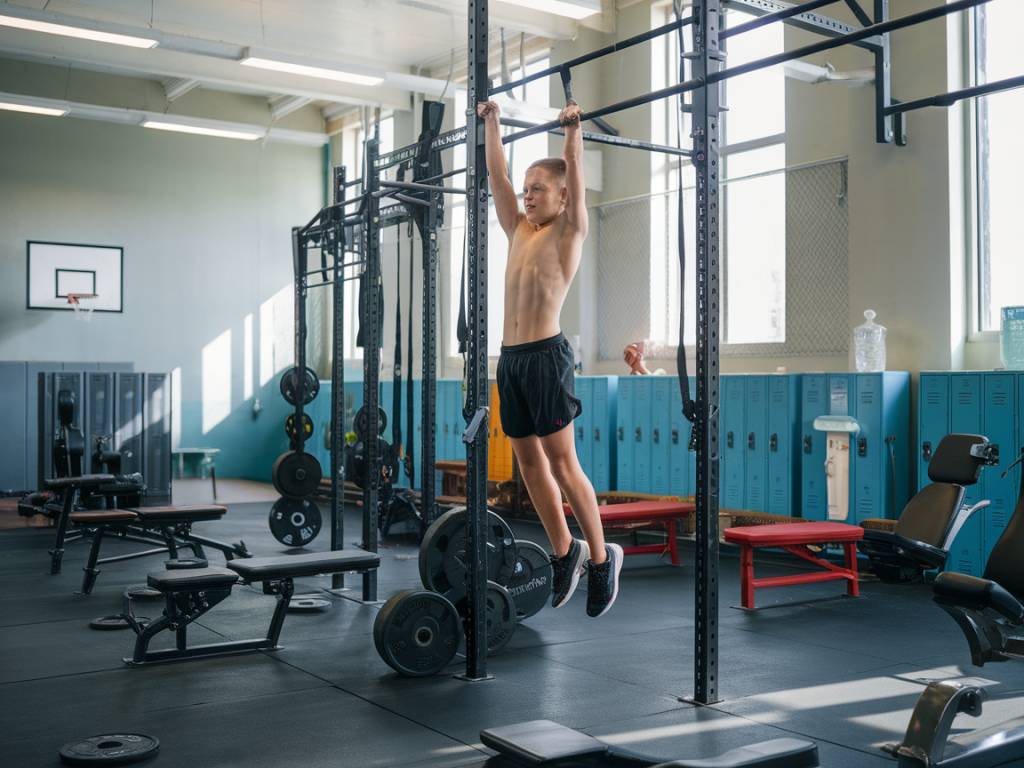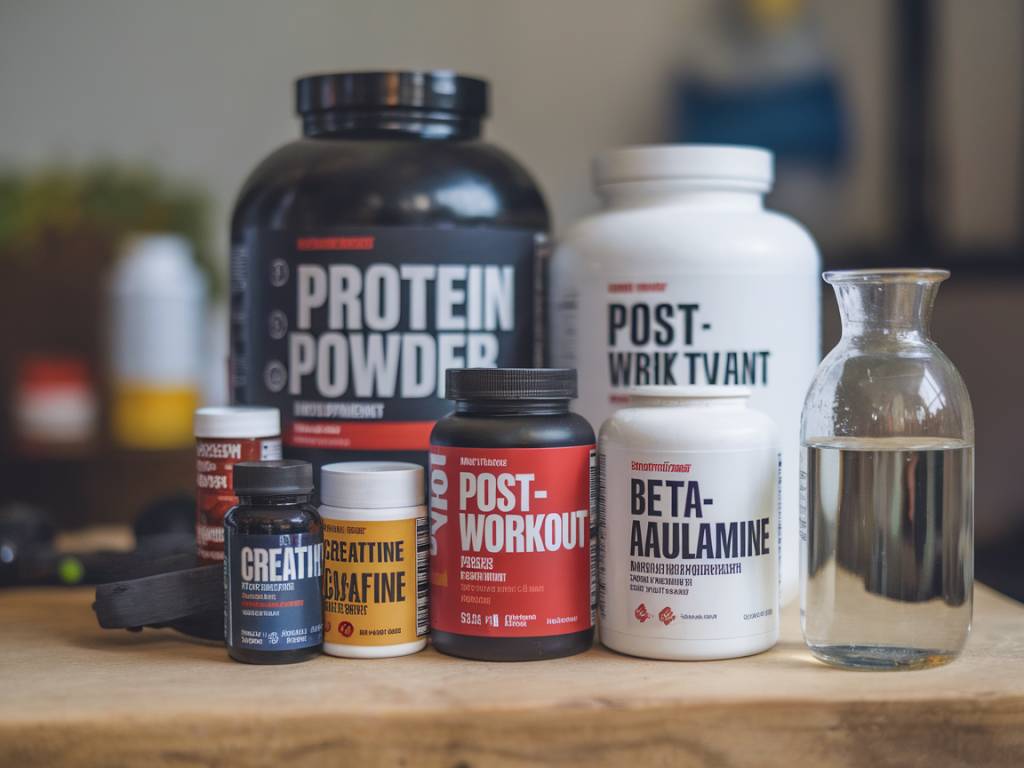Why Nutrition Matters for Young Athletes
Every young athlete dreams of achieving greatness—whether it’s scoring the winning goal, breaking a school record, or simply outperforming their personal best. But what often gets overlooked in this journey to glory? Nutrition. While training drills and practice sessions cover the « how to move, » proper nutrition answers the critical « how to fuel. » Without it, even the most talented athlete can burn out or fall short of their potential.
Nutrition is not just about eating enough; it’s about eating right. So, why is it more critical for young athletes? Think about it: they’re in a stage of rapid growth and intense physical activity—two processes that demand premium fuel. Let’s dive into the art and science of nutrition for these rising stars.
The Building Blocks: Macronutrients
Carbs, proteins, and fats—these three amigos are the foundation of an athlete’s diet. But when you’re juggling school, practice, and maybe a cheeky TikTok session or two, how do you ensure you’re getting the right balance? Here’s a breakdown:
- Carbohydrates: Think of carbs as the fuel in the tank. They’re what power explosive sprints, endurance runs, and everything in between. Best sources? Whole grains, fruits, and root vegetables. Would a bag of chips count? Nice try—opt for a sweet potato instead.
- Proteins: These are the repair agents. After every workout or game, your muscles need protein to rebuild stronger. Lean meats, eggs, beans, and even plant-based options like quinoa are your best bets. Pro-tip: A post-game chocolate milk is actually a fantastic recovery drink. Who doesn’t love science-backed indulgence?
- Fats: Not your enemy, as long as you’re picking the right ones. Avocados, nuts, seeds, and fish help maintain hormone function and provide long-lasting energy. Skip trans fats and trendy “junk food binges.” Save those for another day—like never.
Micronutrients: Small But Mighty
While macros grab the spotlight, micronutrients are the unsung heroes of athletic performance. These are your vitamins and minerals, and they play a crucial role in energy production, bone health, and immune function. Deficiencies? They can derail performance faster than a sprained ankle.
- Calcium: Vital for growing bones. Young athletes swigging endless sodas instead of milk or fortified alternatives? Big mistake.
- Iron: This mineral is a game-changer for energy and endurance, especially for young female athletes. Spinach, red meat, and lentils are your iron all-stars.
- Vitamin D: Sunlight helps, but food sources like salmon and fortified cereals keep levels steady, especially in winter months.
Hydration: The Often-Ignored Secret Weapon
We get it—water isn’t the most exciting beverage, and energy drinks try to steal the show with catchy slogans and bright labels. But hydration is the true MVP. Even a 2% drop in hydration levels can impair performance.
The golden rule? Drink water consistently throughout the day, not just during practice. Sports drinks? They’re a sometimes-okay choice for those long games under the sun, but otherwise, stick with good ol’ H2O. Can’t stand plain water? Add lemon or cucumber slices for a flavor boost. Your taste buds—and muscles—will thank you.
Game Day Nutrition: What to Eat Before, During, and After
Ever felt sluggish during a game despite hours of practice? Game-day nutrition might be the missing piece. Here’s a game plan for fueling effectively:
- Before: Eat a balanced meal 2-3 hours before the game. Focus on carbs and moderate protein—think grilled chicken with rice or a hearty whole-grain sandwich.
- During: For shorter games, water does the trick. For tournaments or endurance sports, pack a banana or a homemade energy bar to keep energy levels steady.
- After: Your muscles are hungry for nutrients post-game. A mix of protein and carbs—like a turkey wrap or that legendary chocolate milk combo—helps jumpstart recovery.
A Balanced Diet, Not a Food Court Free-For-All
Let’s clear something up: pizza isn’t the enemy, nor is the occasional burger. But consistency matters more than the occasional indulgence. Encourage young athletes to plan their meals and snacks, aiming for wholesome choices most of the time. Pizza Fridays or cheat snacks after a tough game? Totally fine. Balance is the goal, not perfection.
One way to inspire better choices? Make it fun. Create DIY smoothie bowls packed with fruits and toppings, or home-bake energy balls. Engaging young athletes in the kitchen helps them take ownership of their health—and, let’s be honest, there’s nothing cooler than saying, “I whipped up this snack myself.”
Athlete Life Is a Team Sport
Parents, coaches, teammates—we all have a role to play in supporting young athletes’ nutrition. Parents buying groceries and prepping meals set the foundation. Coaches can incorporate hydration breaks and teach the importance of post-game snacks. Even peers can encourage healthy choices by sharing tips or holding each other accountable.
It’s also essential to address the mental side. Some young athletes might fall into the trap of obsessing over their diets. Remember: Food is fuel, not a scorecard. An open conversation about body image and health fosters a positive, sustainable approach to eating well.
Nourish the Future Stars
Fueling young athletes is about more than just improving their performance on the field or court. It’s about building lifelong habits that support their growth, health, and aspirations. With the right balance of education, preparation, and a sprinkle of encouragement, we set them up for success—not just as athletes, but as thriving, confident individuals.
So, the next time your young athlete asks, “What should I eat?” remember: their plate is their playbook. Let’s help them write a winning game plan, one bite at a time.



